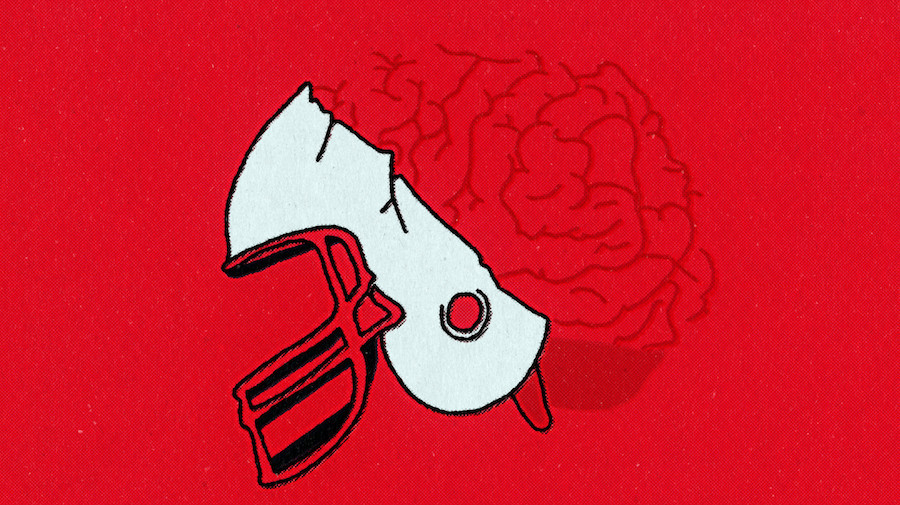There are many good things about chocolate milk. It is delicious and perhaps, maybe helps muscle recovery post-workout. It does not, however, help heal concussions.
I say this because a University of Maryland press release—headlined “Concussion-Related Measures Improved in High School Football Players Who Drank New Chocolate Milk, UMD Study Shows”—asserts that chocolate milk does exactly that:
Videos by VICE
Fifth Quarter Fresh, a new, high-protein chocolate milk, helped high school football players improve their cognitive and motor function over the course of a season, even after experiencing concussions, a new preliminary University of Maryland study shows.
This is even worse than nanobubbles.
Now, let’s slow down for a second. As the Baltimore Business Journal pointed out, there are an awful lot of “yeah, but…”s going on here. First, the findings have only been presented as a summary. No journal article has even been written yet, much less peer-reviewed or published.
Second, the Journal reports that “scientists and research ethicists who reviewed a summary of the study and a final project presentation provided to the Baltimore Business Journal said they are skeptical of the study’s methods and findings.” In scientist/researcher speak, telling a reporter you’re “skeptical” of a study’s methods and findings is only a degree short of saying the findings “are not supported by the data,” which they cannot say because they cannot read the study because, again, it hasn’t been written yet.
Third, the study used the ImPACT concussion test as its measure of cognitive function, which, although widely used, has many publicized and well-documented flaws. This would be kind of like measuring the speed of a computer by how fast the person using it types, then asserting that drinking chocolate milk makes your computer 20 percent faster.
This brings us back to the incredibly premature press release by Maryland. The second half of the release reads like ad copy for Fifth Quarter Fresh, which, again, is just chocolate milk.
So why did Maryland release this press release so early? One theory: money.
The study was funded by “the Maryland Industrial Partnerships (MIPS) program, which jointly funds commercial product development projects teaming Maryland companies with University of Maryland faculty…. Commercial products benefiting from MIPS projects have generated more than $30.2 billion in revenue.” Even if all of these claims get debunked in a few months or years, imagine how much chocolate milk they’ll sell in the meantime to concerned mommies and daddies.
How did MIPS director Joe Naft defend all this ridiculousness to the Journal?
“‘We weren’t studying a drug. It wasn’t like a clinical trial or a medical device,’ Naft said. ‘This is a study concerning milk.’”
Indeed it is, Mr. Naft. It is milk.


